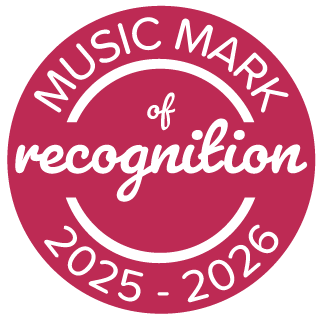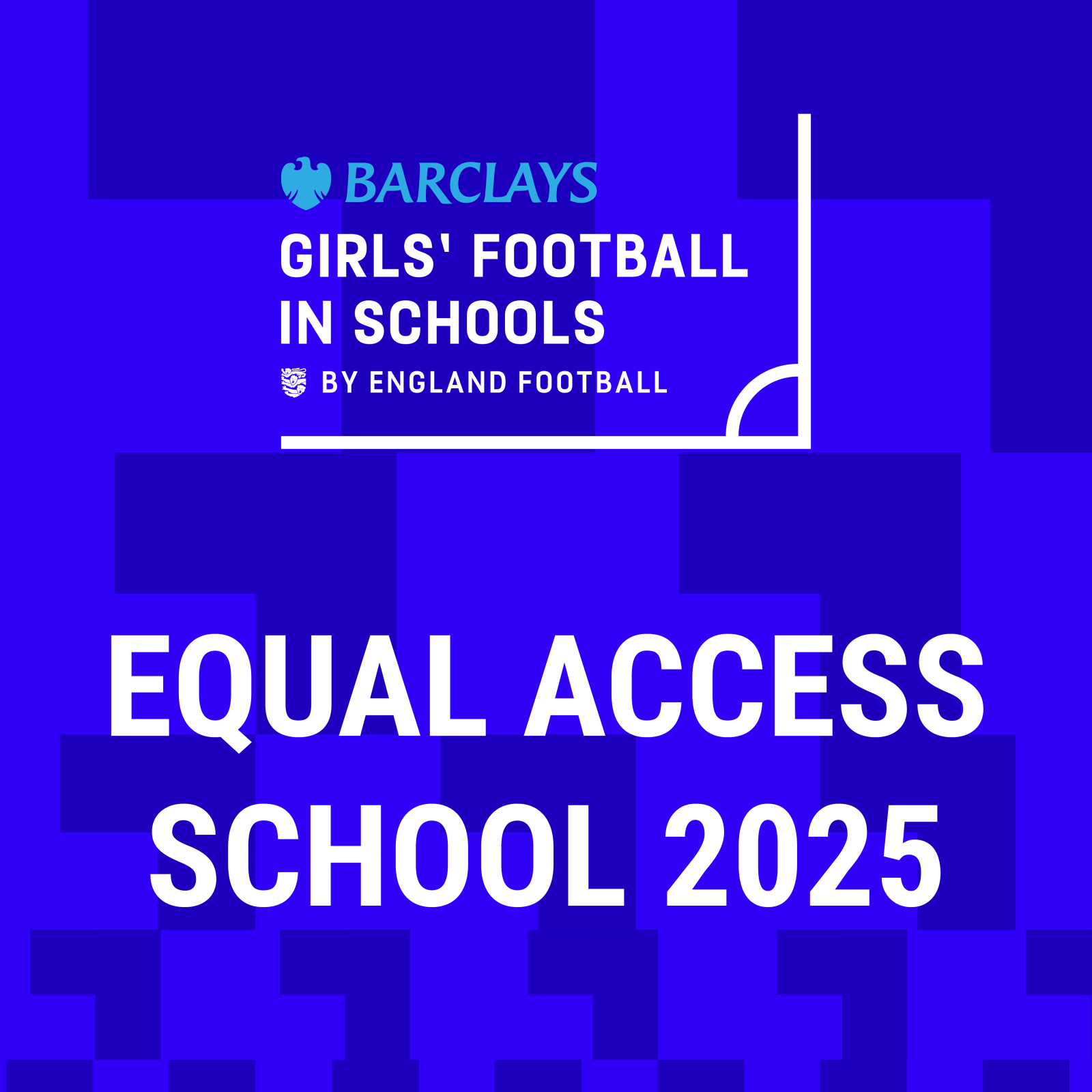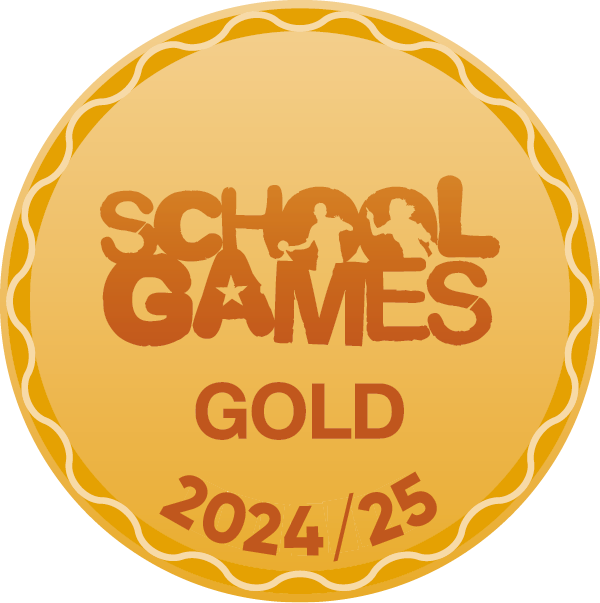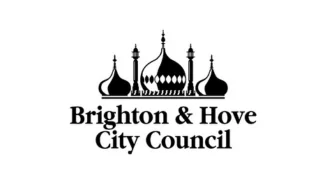Our Vision
School Values

Care
We care for each other, for our school, for our community and for our planet. We show that we care through kindness, through the extra effort we make for one another and through the ways that we look after the world around us.
Creativity
We use our imaginations to create new ideas, to question critically and to satisfy our curiosity. We find inventive solutions to the problems that we face, and we are proud of the stories, artworks and music that we make.
Collaboration
We learn together in our learning communities, developing our social skills, and our ability to work with partners and in a team. We build our communication skills through the use of talk in order to work together towards common goals.
A Vision for a St Luke’s Learner
At St Luke’s we have a distinctive approach to teaching and learning. Inspired by academic research, we have worked collaboratively over several years to shape the way that we learn together, to establish and become learning communities of critical thinkers. Our pupils have voice and agency; they learn to learn, to become citizens together and, most often through our extensive peer tutoring approach, to be responsible for everyone’s learning. Talk and enquiry sit at the heart of our Learning Community and we are building further our dialogic practice which is strongly bound with our whole school Philosophy for Children and thinking skills curriculum. Active and practical learning opportunities enhance this approach by giving children real experiences about which they can talk and from which they can learn. We firmly believe in equity and our curriculum helps children to learn about social justice and, more importantly, how to be socially just, to become active citizens in an ever-changing world.
So just what is the type of learner that we hope to foster here at St Luke’s? We expect our children to leave St Luke’s with a good understanding of their own identity and how they belong within a wider community. They know that they have responsibilities to themselves and to others, and they are supportive and proud of each other’s achievements. We foster their natural curiosity and help them to think with clarity.
Reception and Key Stage 1
Children at the school are introduced to our learning dispositions as part of their learning in Reception and Key Stage 1. They help children to develop great attitudes to learning and prepare them for more complex thinking as they mature. These learning attitudes are represented by a character and embodied by soft toys so that children can relate to them.
Have a Go Monkey
I am always willing to give it a go even when I am not completely sure as to what to do or what will happen. The most important thing is just getting started.

Keep Going Tortoise
I know I can learn from my mistakes. I try new strategies. I know how and when to get help from others. I will keep going until I’ve done my best. I am able to ‘hang in’ with learning even though for a while I may feel confused and even anxious

Challenge Ant
I reflect on my learning and make sure I always follow the next best steps to improve. I know that I should always challenge myself because that is when I learn.
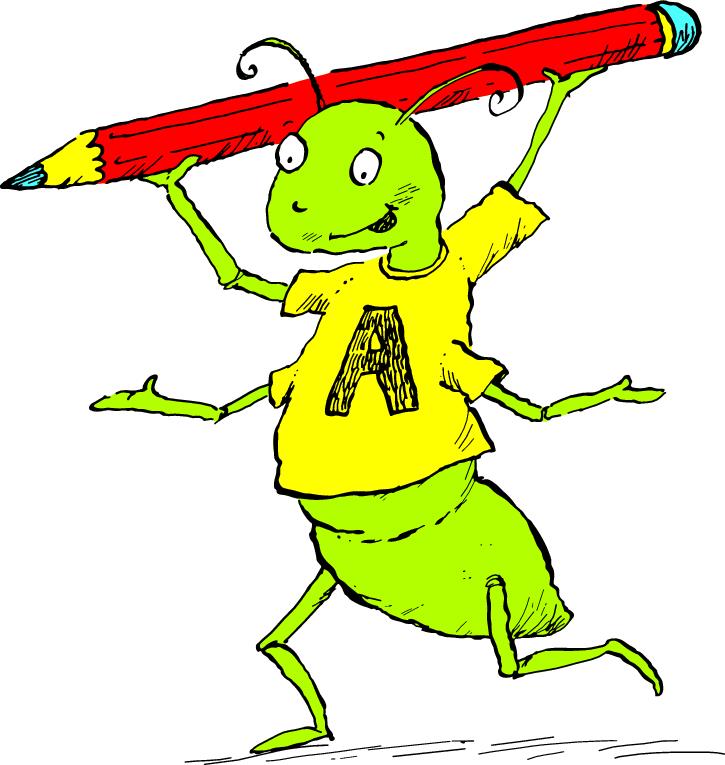
Collaboration Bee
I am part of a whole learning community and I know that I can often learn more with others. I also know when it is good to take time to think and work alone.

Imagination Butterfly
I play with ideas and look at things differently even when I don’t quite know where my thoughts are leading.

Linking Spider
I make links between what we experience or learn in school and also what I experience and learn outside school.
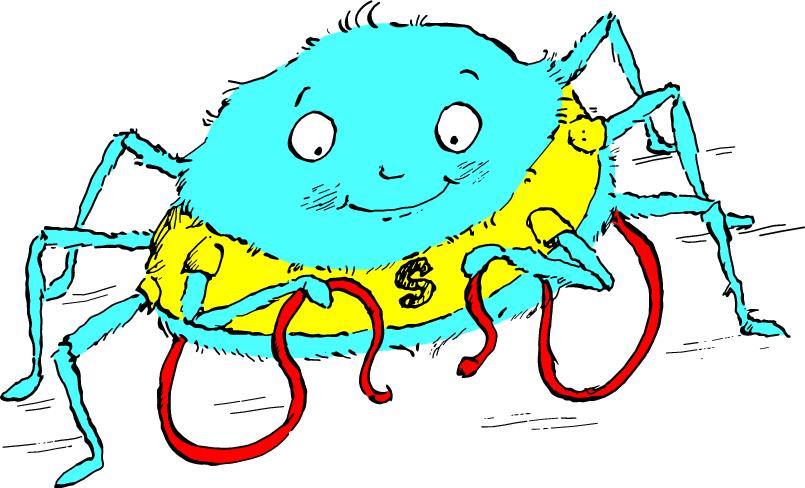
Questioning Owl
I ask questions to find things out and to explore ideas so I understand things more deeply.
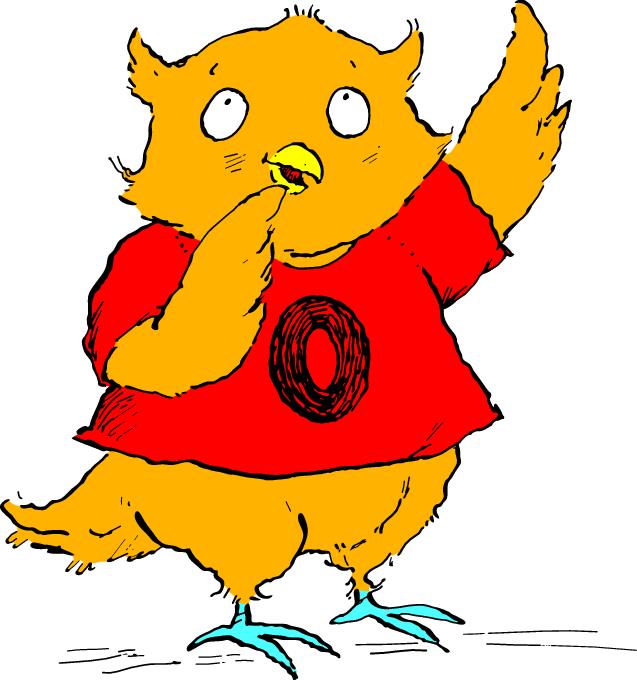
Key Stage 2
The development of thinking skills is fundamental to our pedagogy. As children move from Key Stage 1 into Key Stage 2, we start to think about four key areas of thinking (the 4Cs). We aim to help children to become:
Thinking Skills
1. Critical thinkers
- Identifying questions to answer and problems to solve
- Exploring issues, events and problems from different perspectives
- Analysing and evaluating information
- Presenting conclusions using well formulated arguments and evidence
2. Creative thinkers
- generating ideas to explore possibilities
- asking questions to extend their thoughts
- questioning assumptions
- trying out alternatives
- adapting ideas as things change
3. Collaborative thinkers
- taking responsibility for everyone’s learning
- achieving common goals
- reaching agreements
- adapting behaviour to suit different roles and situations, including leadership roles
4. Caring thinkers
- Showing fairness and consideration towards others
- Providing sensitive constructive support and feedback to others
- Nurturing positive relationships
In order to support children in their development of these learning dispositions and to become 4C thinkers, St Luke’s will:
- Be a welcoming, caring and happy school community;
- Inspire curiosity, awe and wonder through an engaging and stimulating curriculum;
- Develop a community of learners, where all voices are heard and valued;
- Break down barriers, challenge inequalities and inspire life-long learning;
- Help children to form supportive, respectful relationships;
- Include everyone in all that we do;
- Be ambitious for ourselves and all of the other members of the community;
- Support everyone to understand our impact on others and on the world, and to strive to make the world a better place for all.
We know that education is key to the healthy development of children and provides them with the best opportunities to lead a good life. By supporting children to become 4C thinkers we will provide the best springboard for their continued learning at secondary school and beyond. A St Luke’s learner is as distinctive as the school in which they have learned.

